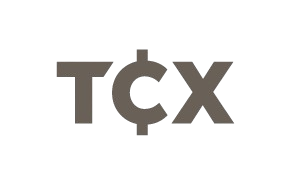Uganda recorded a July 2025 budget deficit of UGX 1.46 tln, below the UGX 1.66 tln projection, according to finance ministry data. Revenues and grants totaled UGX 2.54 tln, 3% above target, supported by UGX 168 bln in World Bank funding, despite VAT and petroleum tax shortfalls. Spending was 4% under budget due to implementation delays, affecting wages, goods, and local government transfers.
